Britain & Ireland 1509-1745
In this section you will find articles to help you unpick the truths from the myths of the Tudor period, examine how Cromwell took the country to war and explore how some the most important political thinkers began to shape the modern world. There is also guidance for teaching some of the information collected here to pupils and different age ranges.
Sort by:
Date (Newest first) | Title A-Z
Show:
All |
Articles |
Podcasts |
Multipage Articles
-
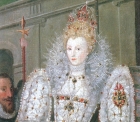
Polychronicon 154: Elizabeth I
ArticleClick to view -

Polychronicon 161: John Lilburne
ArticleClick to view -

Putting black into the Union Jack: weaving Black history into the Year 7 to 9 curriculum
ArticleClick to view -
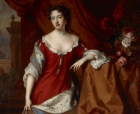
Queen Anne
PodcastClick to view -
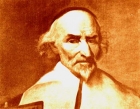
Regional Aspects of the Scottish Reformation
ArticleClick to view -
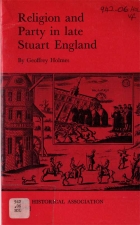
Religion and Party in Late Stuart England
ArticleClick to view -
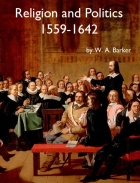
Religion and Politics 1559-1642
ArticleClick to view -

Revising the Elizabethans
Multipage ArticleClick to view -
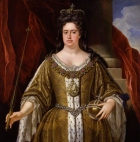
Royal Women: Queen Anne, Elizabeth I and Elizabeth II
Multipage ArticleClick to view -
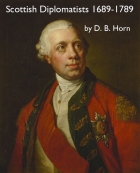
Scottish Diplomatists 1689-1789
ArticleClick to view -
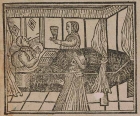
Seeing beyond the frame
ArticleClick to view -
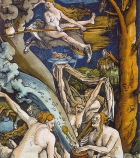
Shaping macro-analysis from micro-history
ArticleClick to view -

Sir William Petty: Scientist, Economist, Inventor, 1623-1687
ArticleClick to view -
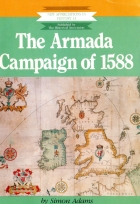
The Armada Campaign of 1588
ArticleClick to view -
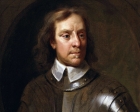
The Cromwell Discussions: podcast series
Multipage ArticleClick to view -
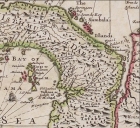
The Darien Scheme - Pamphlet
ArticleClick to view -

The Eighteenth Century in Britain: Long or Short?
ArticleClick to view -
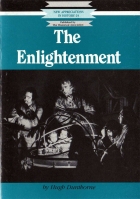
The Enlightenment
ArticleClick to view -
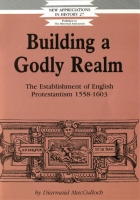
The Establishment of English Protestantism 1558-1608
ArticleClick to view -
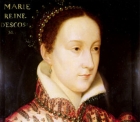
The Evidence of the Casket Letters
ArticleClick to view

